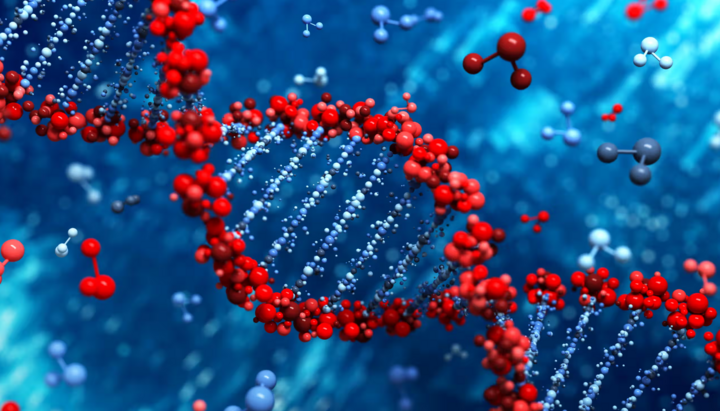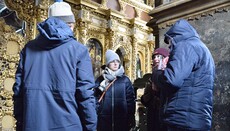Leading world scientists warn of unprecedented threat to life on Earth

An international group of Nobel laureates and other experts has warned about the dangers of developing new bacteria.
38 renowned scientists, including Nobel laureates, have called for a certain line of research to not be pursued: work that could result in the creation of “mirror bacteria”, amidst concerns that synthetic organisms could pose an "unprecedented risk" to life on Earth, reports the British Guardian.
Experts warn that mirror bacteria, made of all components that natural cells possess, could establish themselves in the environment and bypass the immune defenses of natural organisms, exposing humans, animals, and plants to the risk of deadly infections.
The petition has also been joined by leading biologists, some of whom are directly involved in creating synthetic cells and microorganisms. Drs John Glass and Kate Adamala explain in the popular science journal “The Scientist” what mirror molecules are, why biochemists are synthesizing them, and why mirror bacteria could, if they emerge in bio-laboratories, potentially destroy all life on the planet.
The scientists stress that they are strong advocates for the freedom of scientific research, but the threat is so great that there seems to be no other option.
An artificial molecule that mirrors the structure of a natural molecule consists of the same atoms but has an inverted spatial orientation. Cells made from "mirror molecules" cannot interact with the natural organic environment, which researchers see as a great advantage, explain the authors of “The Scientist”. For example, "mirror molecules" could pave the way for the development of drugs that do not break down or exit the body, continuing to have the desired intracellular effect.
However, mirror bacteria, if created, would be a deadly danger precisely because of this property – they would be invulnerable to the immune system and could reproduce freely. Mirror bacteria would be immune to viruses and bacteriophages – they simply wouldn't be recognized or absorbed by them. These microorganisms would also be unrecognizable to the human immune system, and their entry into the body could cause rapid death from sepsis.
"We restrict research involving live smallpox virus, dangerous human psychological experiments, and nuclear explosive testing in the environment because it is too dangerous. We think that the creation of mirror life falls into the same class of research that is simply too risky to conduct," the biologists' report states.
Currently, this threat is relatively distant – synthesizing an artificial bacterium from artificial mirror molecules is still beyond the reach of biologists, and it could take another ten years. The scientists urge that money should not be spent on research in this dangerous area at present.
As reported by the UOJ, a study has shown that videos and photos on the internet can influence and alter the way we think.











